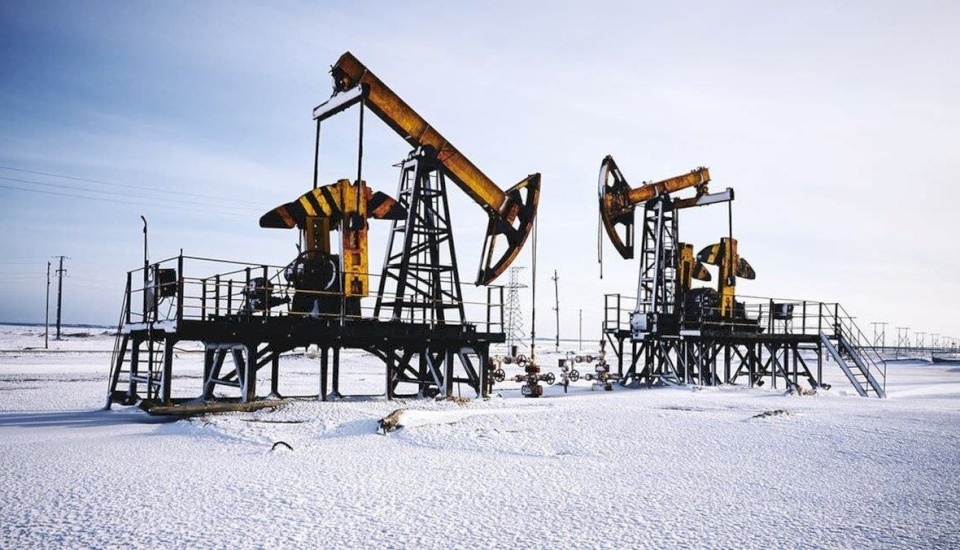
Oil Prices Decline as Market Focuses on Trump's Tariff Implications
SadaNews - Oil prices have fallen for the third time in four days, as investors focus on the implications of a wave of American tariffs and the OPEC+ alliance's decision to bring more idle production capacity back to the market.
Brent crude dipped toward $69 per barrel, while West Texas Intermediate fell below $68.
U.S. President Donald Trump revealed the first batch of threatening messages about imposing higher tariff rates on major trading partners, indicating that he remains open to negotiations. These tariffs will not take effect before August 1 at the earliest.
Oil reversed its early Monday decline, despite the increase in planned supplies from OPEC+ for August, which came in above expectations and was announced over the weekend.
Officials from the alliance stated that summer demand is one reason for their optimism that the market can absorb the additional barrels, while Saudi Arabia raised the price of its main crude directed to Asia.
The oil market has seen volatility in recent weeks following the war between Israel and Iran, which ended in a fragile ceasefire that is still holding, but tensions in the Middle East have begun to rise again after new attacks targeting shipping in the Red Sea.
Additionally, traders are dealing with the implications of Trump's ongoing trade war, as well as concerns about a potential oversupply as OPEC+ commits to pumping larger volumes of crude.
New Tariffs and Demand Concerns Dominate Markets
Khaled Khorshid, Chief Investment Officer at Karobar Capital Limited, stated: "Traders are monitoring Trump's new tariff threats and the risks of a global growth slowdown, which could weaken demand." He added: "In the next phase, attention should be paid to any new signals from OPEC+ regarding extending or adjusting supply cuts."
In the Middle East, a second ship was targeted near Yemen on Monday, hours after the Iran-backed Houthis claimed responsibility for a previous attack on a vessel in the same area.
Khorshid added: "These attacks raise the cost of supply chains and insurance premiums on oil shipments," noting, "But unless there is a significant supply disruption, the impact remains limited on margins."
Relatedly, signs of tightness are beginning to emerge in the diesel market as traders face supply pressures during the summer.
Data shows that U.S. inventories are at their lowest seasonal levels since 1996, while benchmark futures in Europe indicate a tighter market than that which prevailed during the peak of the conflict between Israel and Iran.

The Problem of Shekel Overcrowding Worsens.. Fuel Station Owners Threatened with Closure o...

The Palestinian Economy at a Crossroads: 4 Files Awaiting Resolution

Palestinian Contractors Union Issues a Set of Decisions to Regulate the Work of Member Con...

Riyadh Yes... Tel Aviv No: A Surprising Decision from Dutch Airline KLM

Nearly 70,000 Israelis Left the Country in 2024... How Many Returned?

Bank of Israel Governor to Government: The Strength of the Shekel is Your Responsibility.....

Currency Exchange Rates Against the Shekel on Wednesday (January 28)
